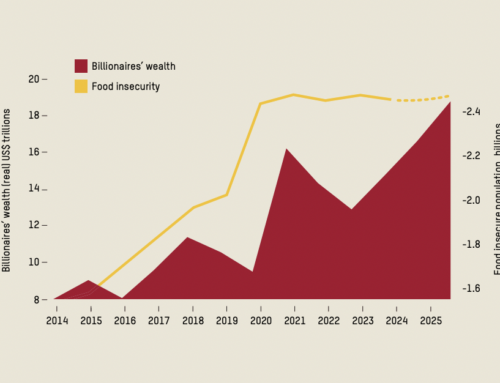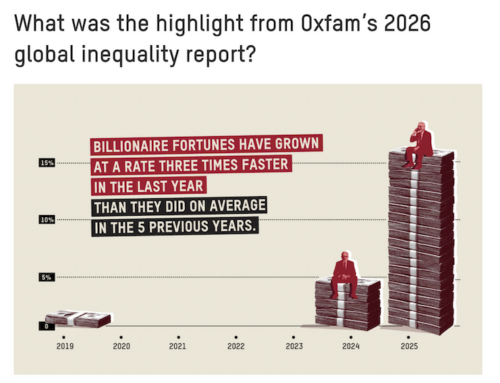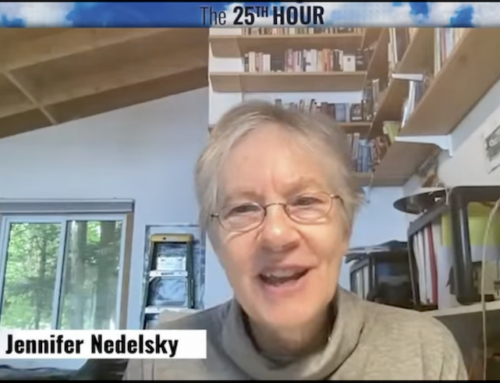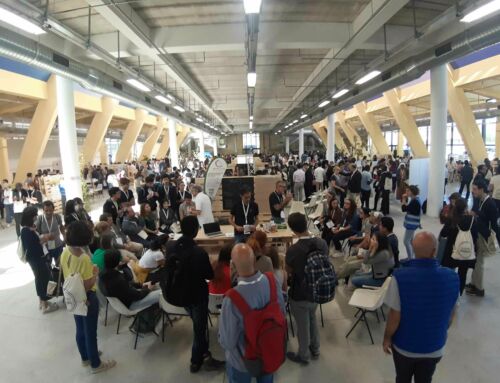
A MORE ECO-EFFICIENT WORLD IS POSSIBLE: HOW DO WE COLLABORATE?
By Matheus Belucio and José Alberto Fuinhas
Before presenting an answer to the question in this article’s title, we start by showing the origins of “eco-efficiency”. The concept was born in the late 1980s and gained more relevance in the 1990s. Ecoefficiency means “the efficiency with which ecological resources are used to meet human needs” (Organization for Economic Cooperation and Development, OECD (1998)).
The need and the relevance of combating the effects of global warming are perceived as priorities. Indeed, the theme of eco-efficiency is now an international one. Since the United Nations Conference on Environment and Development (UNCED) Rio de Janeiro 1992 (Brazil), several countries have been alerted to the extremely important issues on the world environmental agenda.
One of the advantages of eco-efficiency is that it can be used as a metric for the trade-off between economic growth and the (non)preservation of the environment. As a result, societies, companies, economic sectors, and economies can benefit from more eco-efficient policies. Eco-efficiency metrics can be represented as simple as the GDP/CO2 ratio (e.g., Picazo-Tadeo et al., 2012; Castilho et al., 2021) or by more complex models involving several variables and the various greenhouse gases.
Public policymakers can find support in these metrics to develop regional, national, and international regulations to improve the environment. In this way, eco-efficiency becomes a tool to support decision-making. In addition, through eco-efficiency, it is also possible to track how countries’ environmental-adjusted economic activity changes over time (Sadorsky, 2021).
“As members of societies, we often exclude ourselves from the responsibility of contributing to a more eco-efficient world.“
However, as in The Economy of Francesco, we are invited to (re)think and act to answer complex questions by decomposing them into simpler ones. In this sense, we agree that there is a real need for new political and technological solutions. We need solutions that go beyond the search for error-proof mathematical models. Simple actions can often be practiced by ordinary people (like you and me), which leaves a small contribution but still has a beneficial impact.
Subrizi (2022) says that there can be no effective change in the economic system if the culture of the community is not ready to accept change. Corroborating this insight, we add that the issue of eco-efficiency is also related to how people impact the balance between their consumption of natural resources and economic development.
People are the key to better eco-efficiency. Indeed, it does not matter whether they are at home, at work, or collectively as a country if people are the ones who hold leadership. Working to change paradigms and taking co-responsibility are fundamental issues for achieving a more eco-efficient world.
People often do not understand how consumption habits and social behavior impact the quality of the environment. For example, people often choose the comfort of traveling by car (consuming fossil fuels) at the expense of public transportation (economical) or a greener alternative, such as a bicycle. However, of course, this behavior has an adverse environmental impact. For instance, when you choose not to recycle the waste produced at home, and everything is discarded as common waste, the environmental impact will be felt somewhere. It is a small and residual impact if compared to the data for a city or nation but still has an impact.
Kazemzadeh et al. (2022) stress the importance of adopting lifestyles with a smaller ecological footprint. People should be proactive to circumvent their impact on the environment/ecological footprint. Small changes in our behavior can make essential contributions. Some tiny individual steps but with substantial global impact can be made by (i) avoiding unnecessary traveling; (ii) responsible use of energy and resources; (iii) circumventing the food waste; (iv) giving preference to local foods to reduce the ecological footprint; (v) do not waste water; (vi) do not adhere to environmentally harmful fashions; (vi) buying longer-lasting goods; and (vii) promoting a combination of the economy with the environment, by, for example, enjoying nature walks in the forests and the seaside.
We are co-responsible for taking care of our Common Home. However, more green measures are needed. Countries and their policies must be directed toward reducing global warming by limiting greenhouse gas emissions. On the one hand, a more social economy, where the fruits of labor are used to improve people’s lives, is vital to limit environmental deterioration. On the other hand, more corporate philanthropy measures should be encouraged to support the technological changes needed to increase renewable energy production and minimize the impacts of clean energy.
Martinez (2022) shows interesting aspects of how excessive and disorderly development leads to the degradation of natural ecosystems. Nevertheless, this is not just a problem for Latin America. Similar cases can be observed all over the world, especially in poor and developing countries. So, what is our responsibility for more eco-efficient results?
Great thinkers often argue that donations (charity) have no impact and “die” quickly. However, a well-intentioned donation is still a good deed. Moreover, a well-targeted donation can be the necessary impetus for the social business to grow. In several countries, some institutions and projects struggle to drive paradigm shifts towards a less carbon-intensive economy. Every woman or man could participate, given their contributions (even though small) to this investment/charity.
As is well known, the ability of planet Earth to regenerate is limited. Therefore, to have a pleasant future for the coming generations, each of us will have to recycle, reuse and reduce (not waste) the consumption of aggressive environmental goods. This stance requires (i) avoiding as much as possible the increasing use of the planet’s surfaces for purposes other than natural ones; and (ii) as consumers, reward environmentally responsible companies and penalize environmentally aggressive ones. Indeed, supply tends to adapt to demand. Thus, consumers have a say in what is produced. Furthermore, societies with freedom of decision tend to be more effective in establishing the path citizens want for their future.
We are all co-responsible for the planet, but it is often easier to blame the politicians of our countries and the world than to change our habits. Yes, it is simple to see a problem and not feel we must be part of the solution. However, how often are we allowed to reflect on our impact on the lives of others? Or to be part of a project to increase the eco-efficiency of our common home?
Just at the beginning of this article, we started with the promise of an answer to a question, but possibly it was not answered. Instead, arguments were presented, and the invitation to (re)think and act was advanced. Indeed, as the effort to improve the environment multiplies and reaches you, a new responsibility arises. The reader now has a new challenge: walking together on a path to a new economy, which makes a living, which does not explore, which collaborates, which has a positive impact, and which makes it flourish.
References
Castilho, D., Fuinhas, J. A., & Marques, A. C. (2021). The impacts of the tourism sector on the eco-efficiency of the Latin American and Caribbean countries. Socio-Economic Planning Sciences, 101089.
Kazemzadeh, E., Fuinhas, J.A., Salehnia, N. et al. (2022). The effect of economic complexity, fertility rate, and information and communication technology on ecological footprint in the emerging economies: a two-step stirpat model and panel quantile regression. Quality & Quantity (2022). https://doi.org/10.1007/s11135-022-01373-1.
Martínez, M. E., (2022). Integral Ecology for the Common Good. Available in: https://francescoeconomy.org/integral-ecology-for-the-common-good/.
Organization for Economic Cooperation and Development, OECD (1998). Eco-efficiency. OECD, Paris.
Picazo-Tadeo, A. J., Beltrán-Esteve, M., & Gómez-Limón, J. A. (2012). Assessing eco-efficiency with directional distance functions. European Journal of Operational Research, 220(3), 798-809.
Sadorsky, P. (2021). Eco-Efficiency for the G18: Trends and Future Outlook. Sustainability, 13(20), 11196.
Subrizi, C. (2022). Changing the system is possible: why not start from the first economic sector? Available in: https://francescoeconomy.org/changing-the-system-is-possible-why-not-start-first-from-the-economic-sector/.

MATHEUS BELUCIO
Ph.D. student in economics at the University of Évora
and a member of the CEFAGE-UE
and research in The Economy of Francesco (EoF) Academy.

JOSÉ ALBERTO FUINHAS
Ph.D. in economics,
a member of the CeBER,
and a professor at the Faculty of Economics,
University of Coimbra










